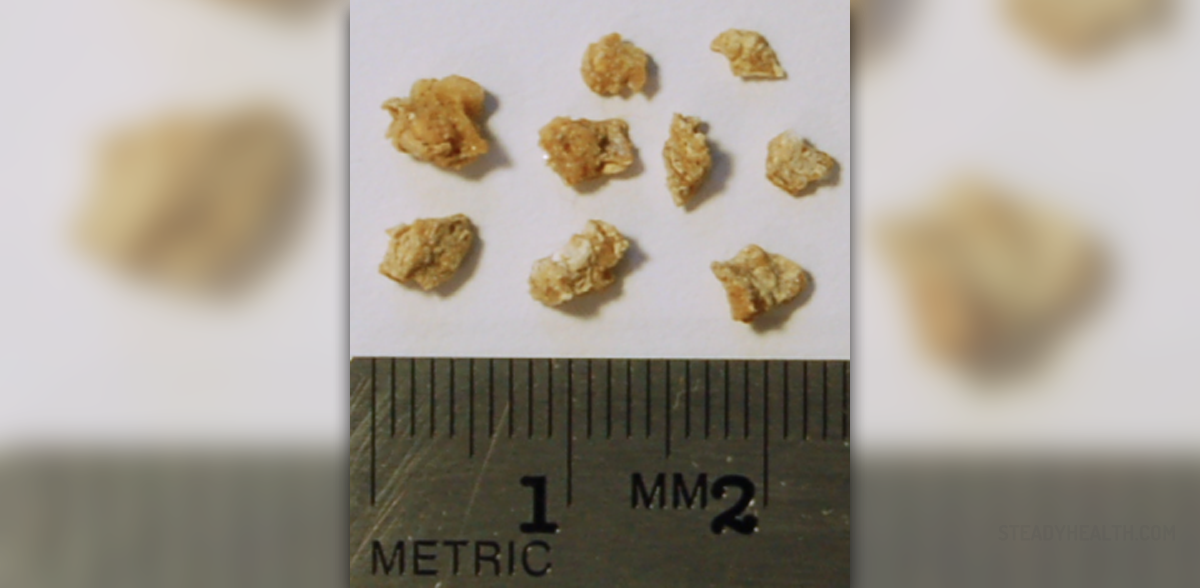Kidney infection is a serious infection of the urinary tract. It usually begins in the urethra or bladder and transmits further up to the kidneys. Kidneys play the important role in the body. They process waste products from the blood, regulate blood pressure, preserve stable levels of electrolytes and contribute to the creation of red blood cells. Every sign of infection demands instant medical care. Neglected infection may lead to losing a kidney and cause tremendous pain and costs putting the whole body at a serious health risk.
Symptoms of a Kidney Infection
Kidney infection occurs by spreading from the bladder. Every infection of bladder or urinary tract should be treated properly or it may end up in even more serious condition, such as kidney infection. Signs that point out to kidney infection are sudden chills and fever, dull pain at the lower back or both of the kidneys, tenderness of the area over kidneys, frequent urination accompanied with burning sensation.
- For women between 1 year and up to 50 years, UTI and recurrent UTI (rUTI) are predominantly diseases.
- rUTI is mainly associated with abnormalities of the urinary tract detected after kidney transplantation or also secondary to end-stage renal disease. Moreover, a significant proportion of patients who develop rUTI have no identifiable causes.
- UTI is mostly caused by bacteria, through other microorganisms such as fungi and viruses that are rare etiologic agents.
- This type of infection can be classified as complicated or uncomplicated. Uncomplicated UTI is the most common type of infection and mainly occurs in the absence of functional or anatomical abnormalities within the urinary tract. The complicated one occurs in the presence of an abnormal urinary tract that increases susceptibility to infection.
Treatment
Doctors will usually prescribe antibiotics, to suppress the bacteria causing the infection. Patients that take antibiotic treatment should include probiotics in a daily diet. Antibiotics kill bacteria, bad ones as well as the good ones. Certain bacteria cultures are important to human gastrointestinal tract because they play the key role in the digestive process. Antibiotics will violate natural balance in bowels and probiotics may help reducing the risk of yeast overgrowth, which usually results.
Cranberry juice is the most commonly used natural remedy to treat urinary tract infections. Cranberry prevents bacteria from affixing to the linings of the urinary tract. However, diabetics should seek some other herbal solution. Even the otherwise healthy people should use cranberry juice only if sugar free.
Grape seed extract is another natural solution. It is known for its anti-bacterial effects and thus should be consumed only with probiotics.
Herbs that Help Cure Kidney and Urinary Tract Infections
Corn silk – powerful diuretic used dry for tea preparation. It is also helpful in treatment of high blood pressure and diabetes.Parsley – has the ability to keep the body from accumulating the salt, causing the same effect as the corn silk.
Uva rusi leaf – diuretic and disinfectant
Cleavers – has mild antibiotic effect that makes it helpful with inflammation and irritation
Bochum leaf - enhances the fluids and solids of the urine and may often cause the unpleasant smell in the urinal fluid.
Juniper berry – purifies the blood and detoxifies the body by filtering out the waste.
Kelp and cayenne – replace nutrients and electrolytes.
Dietary Changes
Dietary supplements that should be used in cases of kidney and urinary tract infections include Vitamins B, C and E and minerals such as potassium, copper and magnesium.
Another good natural remedy to try whilst fighting with a kidney infection is washing out the body with lots of water. Water will help to literally wash away the bacteria. It might be good to add baking soda to the water in order to raise acid-base balance of the acidic urine and make the unwelcome environment for bacteria reproduction.
Diet should be rich in grains, vegetables and acidifying juices (lemonade, for example). At least one clove of garlic per day is extremely helpful because of its anti-inflammatory effects. Foods to be avoided are cheese, chocolate, and dairy products; spicy foods; caffeine; alcohol; soda drinks; and artificial sweeteners.
Patients should be careful and consult their healthcare providers as needed, but in the meantime sticking to some effective nature's remedies, like cranberry juice and pure water, can do no damage.


















Your thoughts on this
Loading...